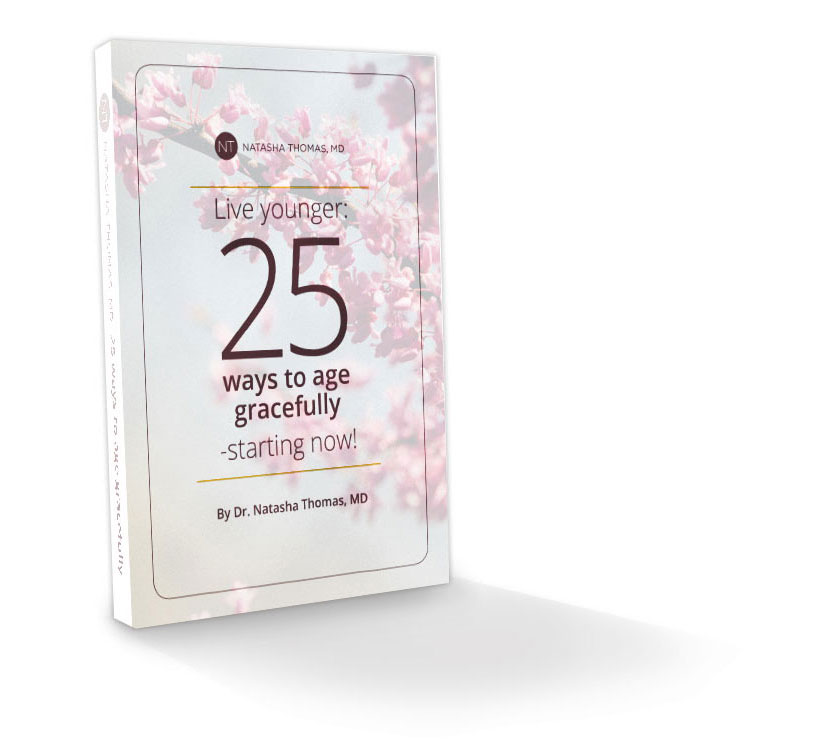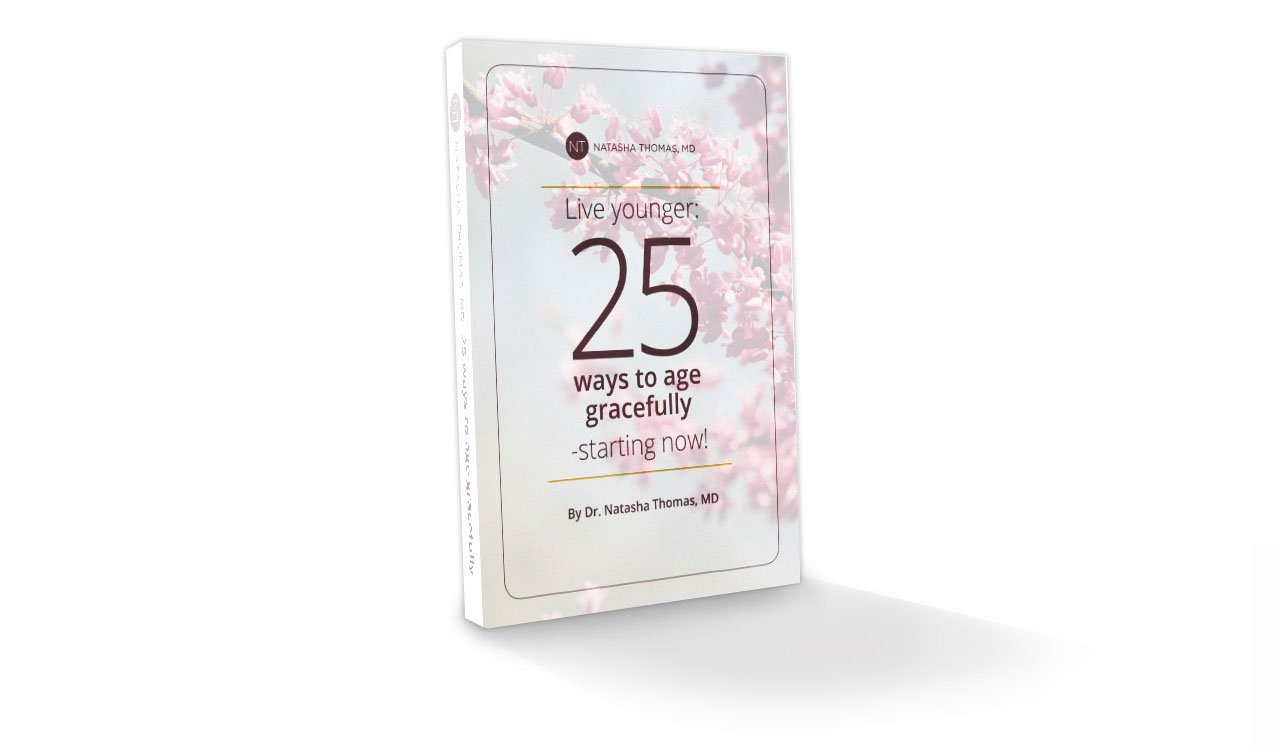Posted on: October 27, 2018
When I meet with a new patient, I often find myself saying, “First, we’ve got to get your gut health on track.”
Frequently, the patient will respond, “Well what does that have to do with helping me feel better?”
That’s a great question with important implications. Why? Because the truth is simple—the health of your gut has everything to do with your overall health and wellness.
A struggling digestive system can plant the seeds of many chronic diseases, as well as contribute to mental and emotional health struggles. A healthy, well-functioning gut, meanwhile, helps give your body the foundation it needs to thrive.
Why is gut health so fundamental?
To help understand why gut health is so important, let’s consider a few key points.

First off, you’ve probably heard the expression, “Go with your gut”. It’s a bit of folk wisdom that has been passed down for generations because there’s lots of truth behind it. Our guts are literally at the core of our being and can play a huge role in helping us get in touch with how we really feel. If something doesn’t sit right in our guts, it’s probably worth paying attention to. Ignoring it will probably affect our sense of well-being until we do.
But this isn’t just folk wisdom. Contemporary science has actually found there is a strong link between the gut and the brain—and that our guts actually house millions of neurons, or what are commonly called brain cells. In other words, the gut and the brain have a powerful reciprocal effect on one another. This means that what’s going on in our guts can have a direct impact on what we think and feel.
Stress is a good example. External stressors abound in our society—work, relationships, money, social inequities and lack of sleep are but a few examples. Most of us know how stress feels in the gut—heavy one moment, jittery the next.
But what we don’t often think about is that what we’re putting into our guts can contribute to stress as well. Certain foods—sugar and processed foods are some of the worst offenders—cause what is called inflammation in our digestive tracts.
Inflammation is a swelling of tissues in response to harmful substances entering the body. It’s actually part of the immune reaction, and can be helpful in certain situations. But when it becomes chronic, especially in our guts, it puts a tremendous amount of stress on our bodies. That stress then affects our brains through the gut-brain connection, leading to conditions like brain fog, anxiety and depression.
In other words, stress doesn’t just go to the gut, but can come from the gut.

Enjoying this article?
Subscribe + don’t miss the next one!
We’ll also send you our e-book: Live Younger 25 Ways to Age Gracefully—Starting Now.
Inflammation in the gut doesn’t just create stress either. That immune reaction I mentioned? It can develop into an autoimmune disorder. Inflammation can also lead to a host of other chronic health conditions, including weight gain and even chronic pain. Indeed, virtually every serious health problem relates to the gut in one way or another.
Another fascinating reason the gut has such an impact on your health: your microbiome. Your microbiome is the population of microorganisms living inside you. Studies have found that human beings are actually largely made up of bacteria—roughly 90 percent of the cells in our bodies are bacteria or other microorganisms, not human cells.
This isn’t a bad thing at all. Many of these bacteria play a crucial role in how our bodies work. The single largest population of bacteria live in our gut, and that health of that population directly affects our overall gut health. A thriving colony of good gut bacteria helps us digest our food, balances our mood, and keeps things moving along smoothly. Meanwhile, an unhealthy intestinal microbiome can lead to inflammation, weight gain, cravings for sugary foods, and digestive conditions like small intestinal bacterial overgrowth (SIBO).
Starting to make sense why I pay attention to my patients’ gut health?
What can I do to boost my gut health?
If you’re suffering from a serious health condition, I strongly recommend scheduling a consult with a functional medicine doctor (like me). But there’s also a lot you can do on your own to boost your gut health. To get started, I recommend three simple steps.
- Eat clean.
- Take a good daily probiotic.
- Be gentle with yourself.
Let’s take them in order.
Eat clean
This is the first and perhaps most important, because what you eat directly and powerfully impacts your gut health. Poor nutrition leads to inflammation and damages your microbiome—as well as depriving your body of valuable nutrients.
The so-called standard American diet—appropriately abbreviated as SAD—is heavy in processed foods, sugar, white flour, overheated vegetable oils, artificial ingredients, and factory-farmed dairy and meat. All of these are harmful to your gut, especially when eaten regularly. If it comes in a box, can or package, or your great-grandparents wouldn’t understand how to cook it, it’s probably not good for your gut.

If you’re thinking, “but that’s most of my diet,” you’re not alone. Unfortunately, what most of us eat isn’t very healthy. However, if you’re sick of feeling sick, it’s worth making a change.
What does that change look like? Eating a diet full of fresh, natural foods. If it’s the kind of food that could come from a small farm, it’s probably a good choice. Fresh vegetables are always a yes, and fruits are good in moderation. Some people do well with whole grains, others don’t. For protein: beans, lentils, nuts and pasture-raised meat and dairy are all good options, depending on your preference and what works with your body. Healthy fats are en vogue and for good reason—fats like extra virgin olive oil, coconut oil and MCT oil are really good for you (and surprisingly, can contribute to weight loss)
If you’re looking for specific guidance on how to put clean eating into practice, I’d suggest checking out traditional eating practices like the Mediterranean diet, or trying approaches like paleo or ketogenic.
Take a good daily probiotic
That microbiome I mentioned earlier? A daily probiotic can help keep it healthy and in balance.
Probiotics are essentially capsules full of billions of healthy gut bacteria—the kind that helps you digest food, lose weight and feel better. When you take a probiotic, those bacteria make their way down to your gut and set up shop. Over time, probiotics can help shift the bacterial population of your microbiome, edging out unhealthy bacteria and replacing them with healthy strains.
You can also do this by eating probiotic-rich foods like kefir, sauerkraut, kimchi or miso. Indeed, probiotic-rich foods appear in most traditional cultures, because they have been long understood to support gut health. They also tend to be delicious!
Enjoying this article? Subscribe + don’t miss the next one!
We’ll also send you our e-book: Live Younger 25 Ways to Age Gracefully—Starting Now.
Be gentle with yourself
Because our guts are so affected by stress, it can be really helpful to do what we can to relax. Some stress is unavoidable, of course. But we can always be patient and forgiving with ourselves, and make an effort to give ourselves time to wind down and rest every day.
This can include anything from old standbys like an Epsom salt bath or listening to music to going for a walk, working out, practicing meditation or making plans with a friend. Counterintuitively, it can also sometimes feel really good to do something to help someone else when we’re stressed. The kind deed helps us feel more at ease.
Practicing acceptance—the idea that we can’t control what happens, but we can influence how we respond to it—can also be a subtly powerful way to feel more relaxed.
If we pay attention to our gut health and make some simple changes in how we live, we can experience a profound difference in how we feel.
Click here to learn about our approach to managing gut health. Then book your appointment with Dr. Thomas.

